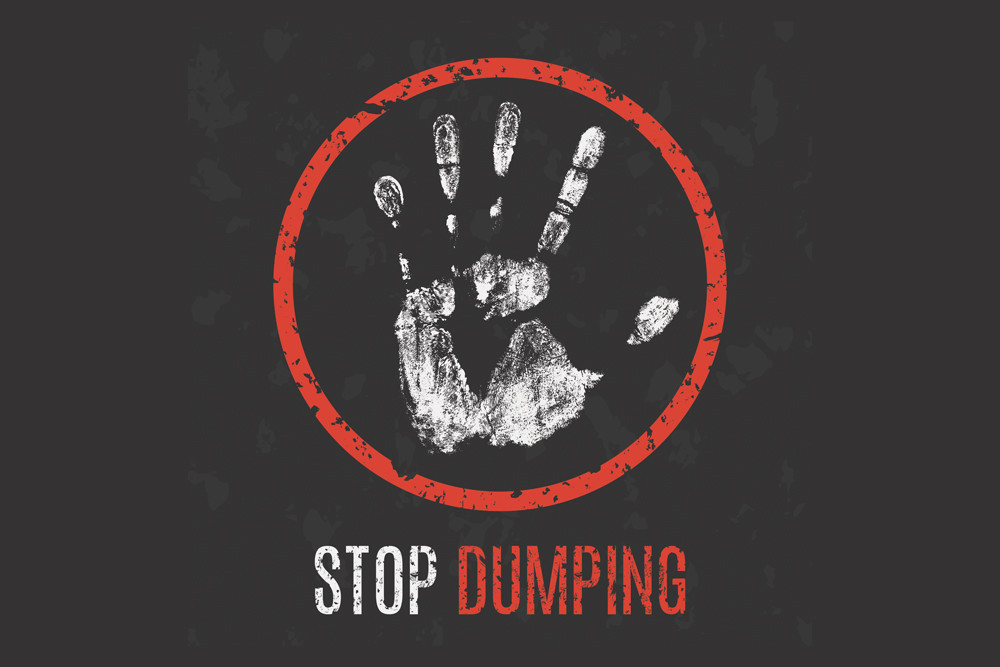
Nepal is a member of the World Trade Organisation (WTO) and is subject to its rules and regulations. Some of the WTO agreements allow member countries to employ tariff and non-tariff measures to protect domestic trade. Tariffs, which are customs duties, are taxes imposed on the import or export of goods and services. Non-tariffs contain forms other than tariff, like quotas, subsidies and standardisation. The Safeguards, Anti-dumping and Countervailing Act, 2019 (SACA) is a legislation based on the below-mentioned agreements of WTO that empowers the Government of Nepal (GON) to impose safeguard measures, anti-dumping and countervailing duty on imported goods that pose as a challenge to the domestic products of Nepal from unfair or injurious imports.
The WTO’s Agreement on Implementation of Article VI of the General Agreement on Tariffs and Trade (Anti-Dumping Agreement) provides member countries with the right to impose anti-dumping duties on imported goods that are sold below their normal value in the domestic market of the exporting country. The Agreement on Subsidies and Countervailing Duty provides members with the right to impose countervailing duties on imported goods that are subsidised by the government of the exporting country. The Agreement on Safeguards allows countries to take temporary measures like quantitative import restrictions, such as quotas, or duty increases to protect their domestic industries from surges in imports.
Anti-Dumping Measures
Anti-dumping measures are designed to address unfair trade practices, specifically the dumping of goods at prices lower than their fair market value. Dumping can be done by exporters to gain local market share or to drive domestic competitors out of business. Under the SACA, if imported goods are being dumped causing or likely to cause injury/serious injury to domestic industries then domestic industrialists producing similar goods can file a complaint before the Department of Commerce, Supplies and Consumer Protection (Department of Commerce).
As an interim measure, the government can impose an interim anti-dumping duty to prevent injury, serious injury or threat of injury to domestic industries based on the initial report of the investigation. The interim duty may last up to six months on the request of domestic industries producing similar/ identical goods, or up to 120 days in other cases. The government can impose anti-dumping duty in addition to the customs duty according to the final report. Such, anti-dumping duty may be imposed for a term up to five years, which may get extended for an additional five years at the recommendation of the investigating officer appointed by the Department of Commerce.
Countervailing Measures
Countervailing measures are used to combat unfair subsidies provided by foreign governments to their industries. A subsidised import is a product that is imported into a country at a price that is below its cost of production because the government of the exporting country provides direct or indirect financial assistance, grants, discount, or support to the producer of the product. These subsidies can lead to distortions in international trade and harm domestic producers. If there is import of concessional or directly or indirectly subsidised goods, then a complaint can be filed by domestic industrialists producing similar goods before the Department of Commerce. The government can impose countervailing duty on the imported goods in addition to the customs duty for a period of 120 days from the initial report. Likewise, the countervailing duty may be imposed for up to five years, which may get extended for another five years at the recommendation of the investigating authority.
Safeguard Measures
Safeguard measures are temporary actions taken to shield domestic industries from sudden and unforeseen increases in imports that may cause serious injury to domestic industries. These increases can be caused by a number of factors, such as a sharp decline in the value of the exporter’s currency or a natural disaster that disrupts domestic production. The Ministry of Industry, Commerce and Supplies may either initiate Suo moto investigation, or complaint from domestic industries producing similar/identical goods can initiate investigation process.
The government can impose an interim safeguard duty based on the initial report of the investigating authority for up to 200 days only if the (a) the initial report finds that safeguards should be immediately imposed, or (b) the evidence collected in the initial investigation finds that the goods have caused/ is likely to cause serious injury / threat of serious injury to domestic industries. After the final report, the government can impose these common/ different/ quantitative rates of duties. (a) additional customs duty exceeding the duty chargeable under the prevailing laws; (b) additional duty on the duty charged, in case of import of goods exceeding prescribed quota (c) full or partial quantitative restriction on import of such goods (d) other measures as prescribed.
Benefits of anti-dumping, countervailing and safeguard measures
These measures can benefit domestic industries in a number of ways. They can help to:
- Decrease import of goods that hamper sale of domestic products
- Protect domestic jobs
- Prevent domestic industries from closing down
- Encourage investment in domestic industries
- Promote fair competition between domestic and foreign industries
- Reduce trade deficit
Challenges and Considerations
While anti-dumping, countervailing and safeguard measures are crucial for protecting Nepal’s domestic industries, they must be employed judiciously. Some challenges and considerations include:
• Transparency and Due Process: Ensuring transparency and adhering to due process in investigations and the imposition of trade remedies are vital to avoid disputes with trading partners.
• Monitoring and Review: Periodic monitoring and review of trade remedy measures are essential to assess their effectiveness and ensure they do not become long-term barriers to trade.
• Capacity Building: Nepal needs to continue building the capacity of its government agencies to effectively administer trade remedies.
Conclusion
Nepal’s utilisation of anti-dumping, countervailing and safeguard measures reflects its commitment to fostering fair trade and protecting domestic industries. While these measures play a vital role in maintaining a level playing field, they must be used judiciously and in line with international trade rules. A well-balanced approach is essential to ensure that Nepal’s trade interests are safeguarded without unduly hindering the flow of international commerce.






